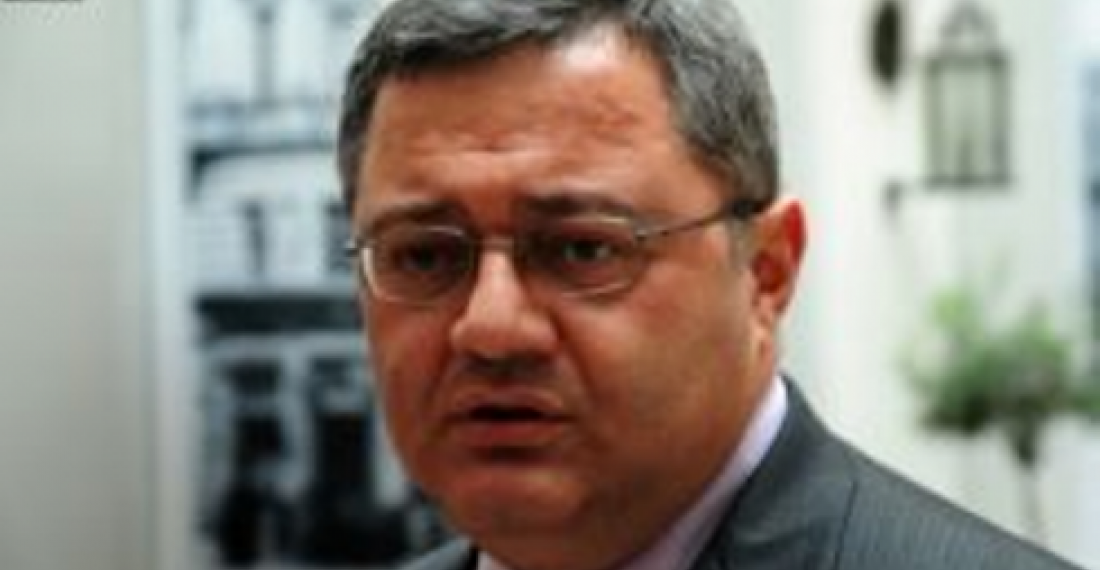In a move unprecedented in Georgia's modern political history, the Georgian parliament has overridden a Presidential veto, and enacted into law an amnesty that affects all of Georgia's large prison population except those serving a life sentence.
On Sunday, 13 January 190 persons who the Georgian parliamentary had earlier declared to be political prisoners were released. Amongst them were many who had been involved in various attempts to bring down the government of President Saakashvili over the last three years.
The long constitutional process started in December when the Parliament approved the amnesty law. President Mikheil Saakashvili refused to sign the law, and sent it back to parliament. In a second vote, which also showed how much the strength of the pro Saakashvili United National Movement had weakened in parliament since the October elections, the veto was overturned with 91 votes against 24. Three fifths of the members of parliament (89 MPs) were required by the Constitution for the presidential veto to be overturned.
The President then had until 11 January to sign the bill, and in case that he did not, the Chairman of Parliament had the right to sign it instead.
On 12 January, Parliamentary Chairman David Usupashvili signed the law in a televised event triggering the release of about 3,000 prisoners, as well as reduction of prison terms for thousands of others.Usupashvili, a respected lawyer, and lifelong defender of human rights and the rule of law in Georgia said after the signing,
"The process of drafting this bill was not flawless, but these shortcomings cannot be even compared to what was happening in the justice system and penitentiary system for years. For that reason the new government, the Parliament delivered on its promise to put an end to this and it led to this broad amnesty."
On the issue of political prisoners, Usupashvili had a word of caution:
"Georgia should never again require such an act in the future because no one should be persecuted for political reasons; the new government should spare no efforts for this purpose and the society, media and international organizations should be much more vigilant and uncompromising than they were during the previous government."
President Saakashvili has repeatedly criticised the government for the amnesty, saying that amongst those released where people who spied for Russia and that the mass release of criminals would harm society. The Georgian Minister of Interior in a separate statement on the day the amnesty came into effect said that the Law enforcement agencies will be extra vigilant to ensure that society was not harmed by the amnesty.
Source: Caucaus Elections Watch (www.electionswatch.org)
Photo: David Usupashvili, Chairman of the Georgian Parliament (archive picture)







